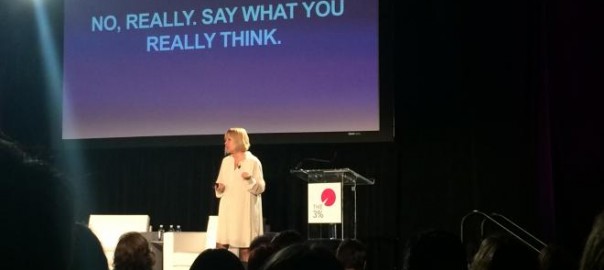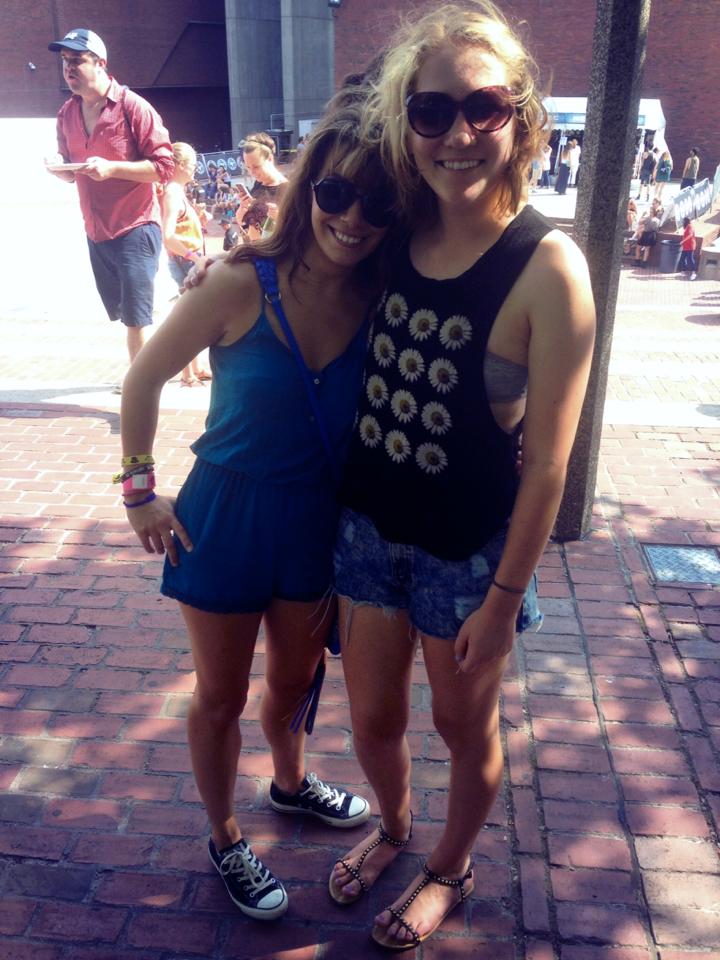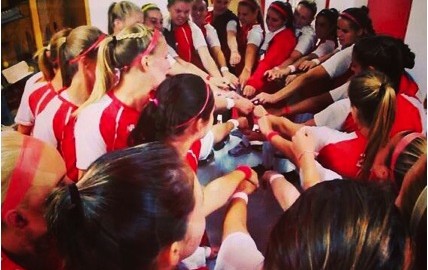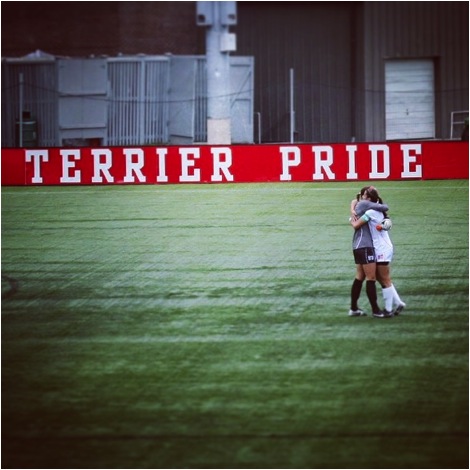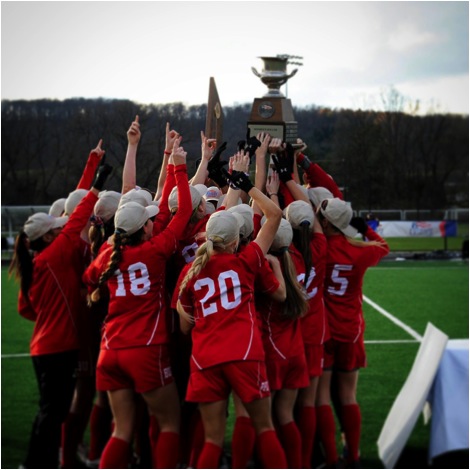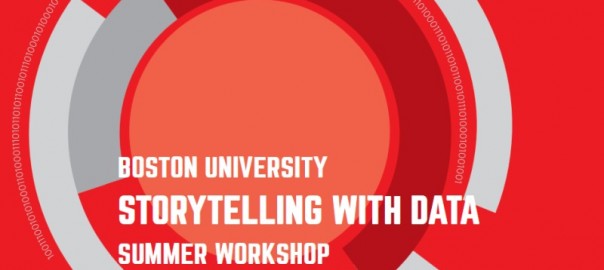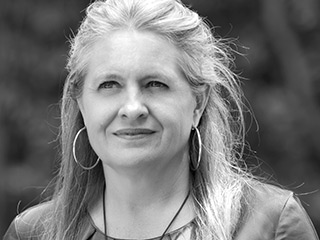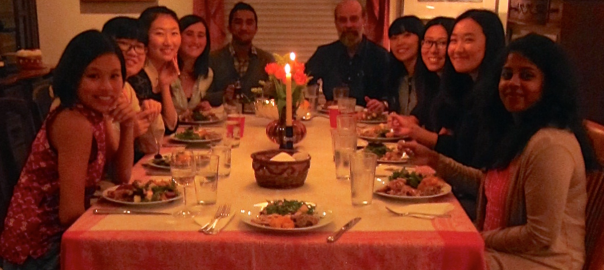By Ali Parisi
MS Public Relations ’16
BU College of Communication
“The rate at which women are amassing wealth and exerting influence is unprecedented. Yet the work that is supposed to motivate them springs almost entirely from a male perspective. The advertising business is a $33 billion industry. Misunderstanding female consumers, from a business perspective, is sheer lunacy.” – Kat Gordon
As an advertising copywriter and creative director, Kat Gordon was tired of being a part of an industry lead by males. She discovered that only 3% of creative directors within the advertising industry are women. So, she set out to create the 3% Conference in order to teach men and women in agencies and on the client side how to address these issues in new ways and offer something that has been sorely lacking for female creatives: a sense of community. Today, two years after its first conference in 2012, the 3% Conference has expanded into a “2-day, 400 person event in San Francisco, multi-city road shows throughout the year, a vibrant online community on multiple social platforms, a student scholarship fund, a creative award, and a business blog to support the crusade,” according to its website.

This year, two of BU’s College of Communication advertising graduate students earned a trip to this year’s conference in San Francisco after winning the 3% student competition. This year’s creative challenge was to imagine that the ratio of female-to-male Creative Directors has increased 300%. Working in teams of two, students had to create a poster to announce this news to the industry to motivate folks to attend the conference and keep the movement going. Iona Holloway (COM ’16) and Annie Papadellis (COM ’16) were one of the top 10 winners (20 students total since they worked in pairs) to win the competition.

“I think it’s great,” explains Holloway and Papadellis’ professor at COM, Pegeen Ryan. “It’s very real life. You’re going to be entering award shows and competitions when you’re in agencies. It gives you real and fairly tight deadlines; it gives you stipulations on what you’re working on. Kudos to them for taking on the extra work.”
Ryan worked with both of her students throughout the entire process, helping them to edit and perfect their ideas for submission. The two were ultimately declared one of 10 pairs of winners from distinguished schools around the country, Brown University, Miami Ad School NY, University of Texas, Miami Ad School SF, Missouri School of Journalism and City College of New York. Besides tickets to The 3% Conference in San Francisco, winners also received a travel stipend, a gift bag from their sponsor Adobe and attendance at a portfolio review lunch during the conference.
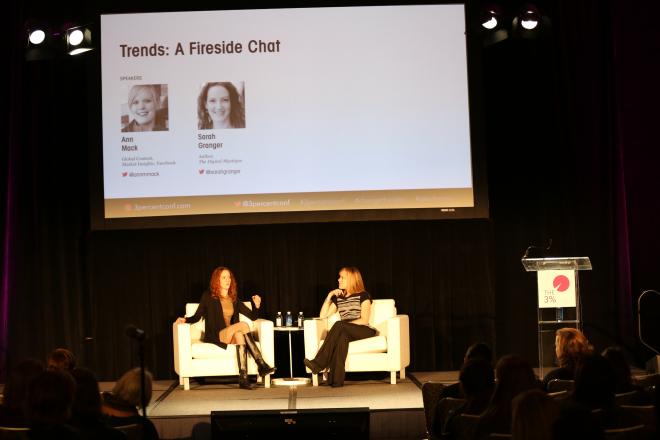
“The conference was great,” says Holloway. “It reinforced how I’m really going to have to kick my own ass if I want to really succeed as a woman in the industry, which I don’t see as a bad thing.”
Prof. Ryan was particularly excited about the networking opportunities for the young women. The students were able to network with people from across the country, giving them contacts to potentially use in their job search after graduation.
Though the numbers have risen, there is still inequality in the advertising industry. “It’s amazing to me that the majority of consumer are women, and more men are creating the advertising that these women see,” explains Papadellis. “It baffles me they still haven’t changed their approach,” she says.
However Holloway is excited for the future, as she believes “Women are brilliant, as are men. There’s no reason why the advertising industry can’t reflect the society it serves. It might take a while, but it will happen.”
